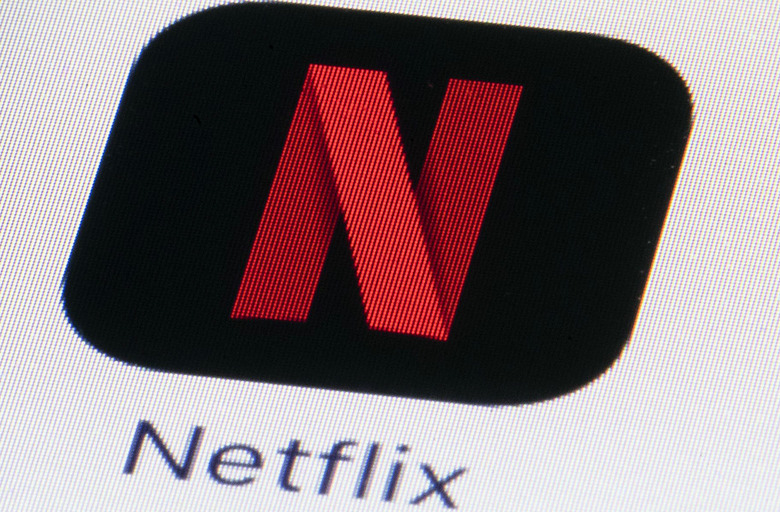The Netflix Vs. Amazon Prime Video War Is Making Piracy Cool Again
When Netflix's streaming service was still in the early stages of taking over the internet, the received wisdom was that it would kill piracy. Studies showed that the launch of Netflix in a new country was correlated with a decrease in torrenting, making it even more popular for users' inner peace and encouraging rightsholders that it was the future.
But according to a new study, the anti-piracy progress has petered off, and not just because of Netflix. Networking company Sandvine has published a report showing that after several years of decline, BitTorrent traffic — a loose measure of piracy — has climbed back upwards.
While the report can't measure the exact reasons behind the increase in piracy, Sandvine exec Cam Cullen has a few theories. "More sources than ever are producing "exclusive" content available on a single streaming or broadcast service – think Game of Thrones for HBO, House of Cards for Netflix, The Handmaid's Tale for Hulu, or Jack Ryan for Amazon," Cullen says. "To get access to all of these services, it gets very expensive for a consumer, so they subscribe to one or two and pirate the rest."
Distribution systems are still geared towards television, which is also a contributing factor according to Cullen. "Many of these exclusive series are US-based, and do not have good distribution internationally, so people download it because they have no access to the content," he says. "Game of Thrones is so popular that, unless it premieres at the exact same time worldwide, people will download it the moment it's available from anywhere. Since these numbers were taken in June for this edition, there were no Game of Thrones episodes coming out, so consider these numbers depressed from peak!"
There's no obvious solution in mind, because streaming is still popular, and all the major streaming companies — and even wannabe players like Apple — are investing billions in their own original content. Cable bundles might be on the downswing, but if they're replaced by the need to spend $100 per month and remember five separate logins, we might not be any better off.
